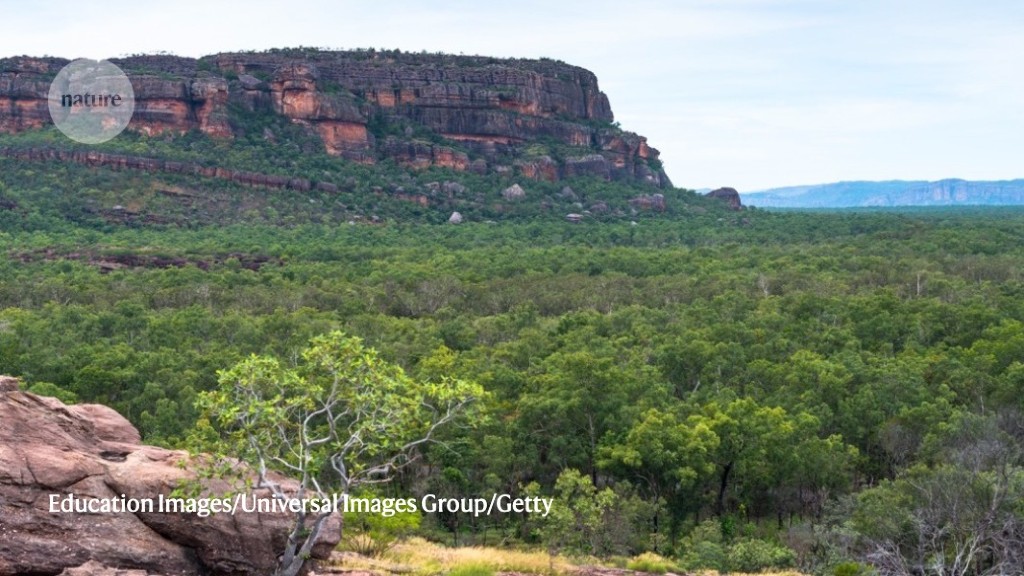Creating Global Commons for Science, Technology, and Innovation
Creating Global Commons for Science, Technology, and Innovation
Collectively solving problems shared by many nations requires a new global science and technology commons.

Send us a link
Collectively solving problems shared by many nations requires a new global science and technology commons.

Nature analysis suggests that Russia is increasing partnerships with China and India.
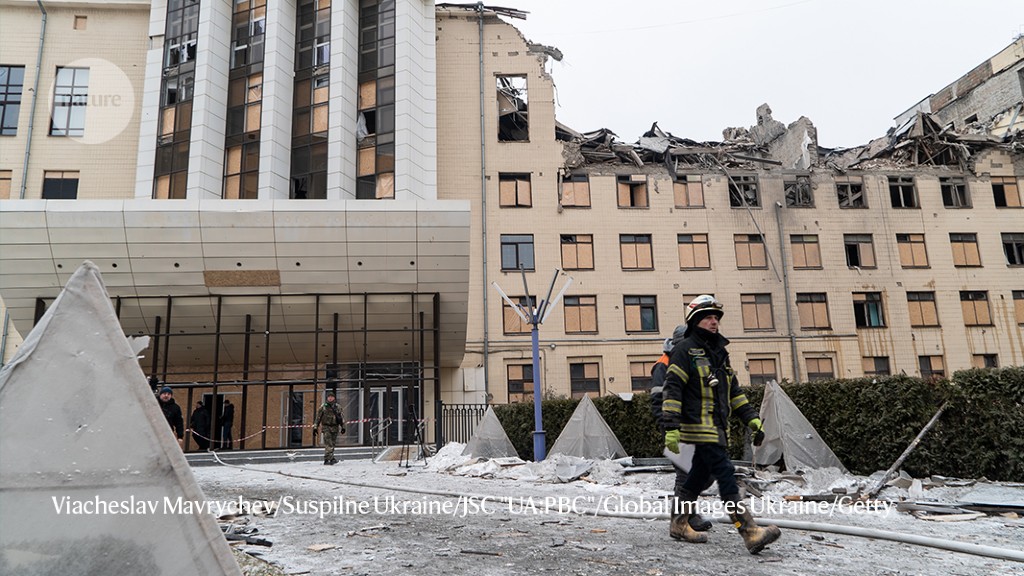
Germany universities should carry out risk assessments when collaborating with China on sensitive technologies, after a string of investigations revealed that German researchers have been working on projects useful to the Chinese military.
Democratic countries are bound by economic reality to work together rather than put up barriers to cross-border collaboration. Companies must spearhead the R&D cooperation, argues the lead for a new Fraunhofer USA initiative.
This article investigates higher-order rich-club phenomena in networks of collaborative research grants among institutions and their associations with research impact.
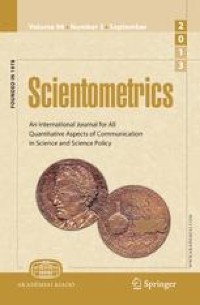
Locked out of key European research and education programmes, Swiss universities are forging another path via alliances with European universities.

Based on the state of research in the Science of Team Science, the question of which intra- and interpersonal factors are most significant for the success of a research team is investigated.
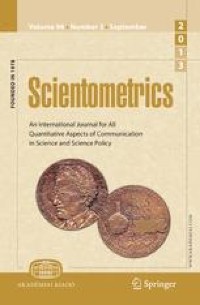
Wallace, who independently discovered the theory of evolution, relied on local knowledge to craft his seminal work on species ranges in the Amazon. Now, the region's Indigenous scientists have taken charge of their research using this and other cross-cultural tools.
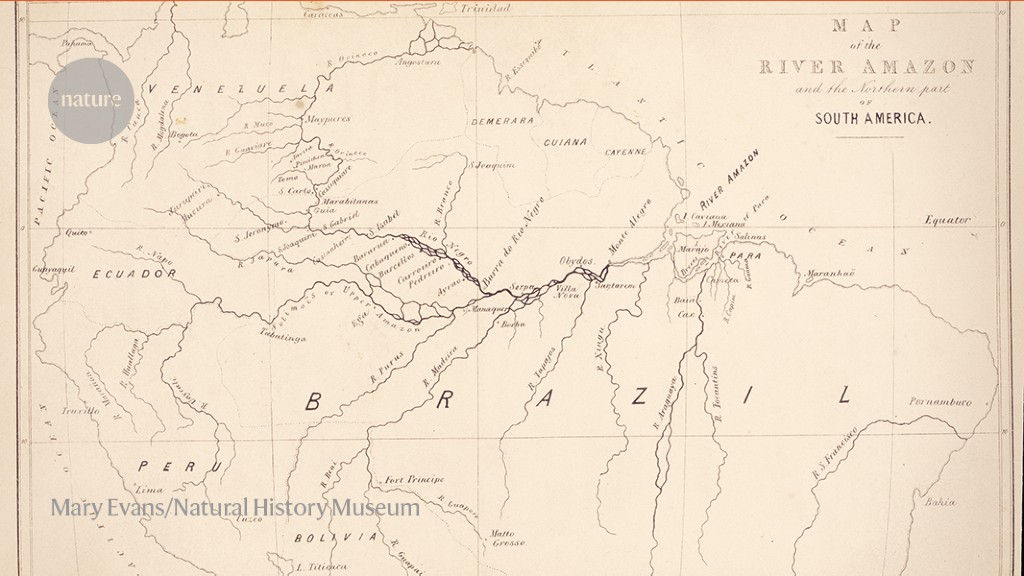
The EU has been pushing for convergence in the university sector for several decades, but when it comes to collaborating transnationally, universities struggle to deal with the patchwork of national regulations governing higher education. The European University Association (EUA) has taken stock and listed the biggest barriers to transnational collaboration in a briefing paper last week.
US and EU officials agreed to expand R&D collaboration on cancer, climate change, green aviation and other fields, signaling a further warming of transatlantic science relations.
This paper develops a new indicator based on an academic's inferred co-presence at conferences. It finds that hierarchy and influence play a stronger role in determining a scientist's performance in the context of informal networks than they do when considering formal co-publication networks.
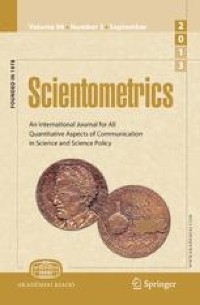
This article explores the effects and interrelationships of seven collaboration problems that arise in the context of the tension between cooperation and competition.
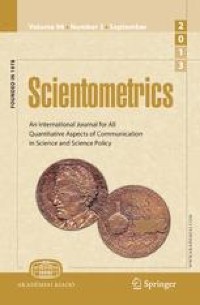
A new ethics framework urges researchers to promote greater equity in global collaborations.
This study aimed to reveal how researchers describe the collaboration with partners outside the university in research proposals.
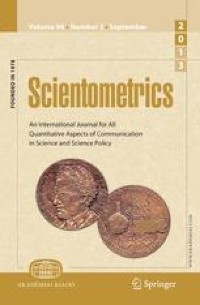
At the end of June, leaders of seven of the world's wealthiest economies will meet in Germany. We urge that they move forward quickly and collaboratively on a focused set of R&D initiatives to help solve some of the world's most urgent problems - by working together. At stake is the health and prosperity of millions, and the strength of all liberal democracies.
A simple framework can help you to identify 'likeable freeloaders' and 'misaligned partners' - and to self-assess.
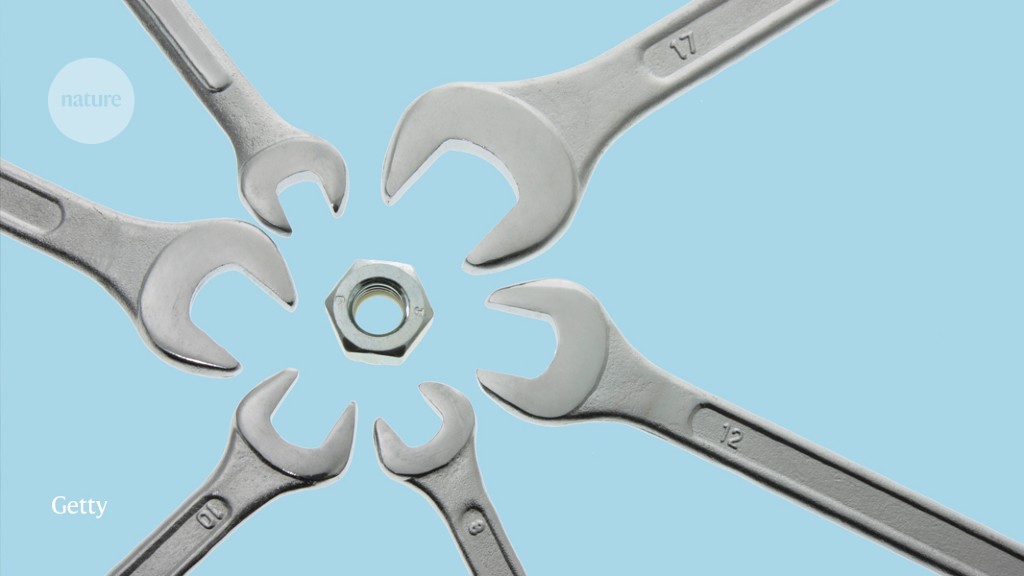
Closed networks and ingrained biases can make women's collaborations a balancing act.
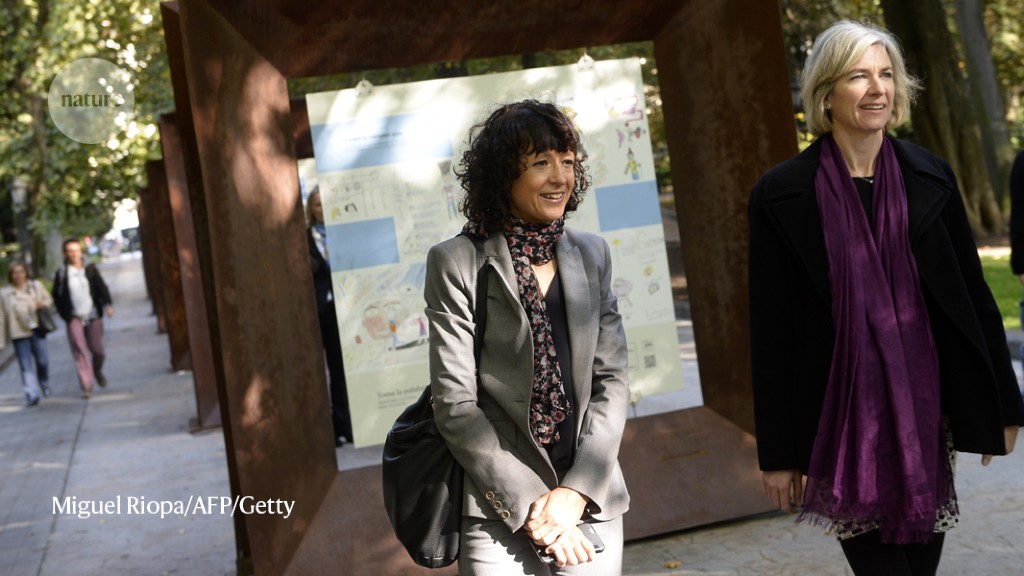
Russian scientists who oppose the war against Ukraine say that while they have some understanding of the reasons for European scientific sanctions, stopping international collaboration may be counterproductive in the long term.
As sanctions take effect following its invasion of Ukraine, Russia risks its standing in the research world.
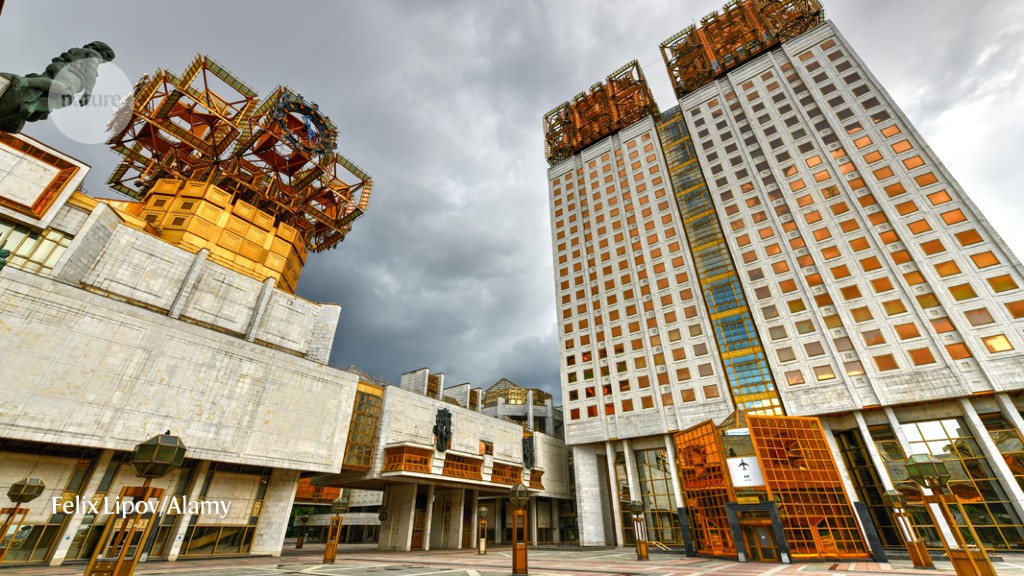
For about 20 years, Swedish medical university Karolinska Institutet has maintained a partnership with one of Russia's main cardiology clinics, the Almazov National Medical Research Centre in St. Petersburg. This institutional tie was abruptly suspended on 2 March, as part of Sweden's sanctions for the war in Ukraine.
Report on the recent SSP Publisher-Funder Task Force closed forum of funders, publishers, librarians and academics, who met to discuss how collaboration among stakeholder groups may accelerate a transition to open research.

Governments, universities and individual academics across Europe over are being forced to choose whether to cut research ties with Russia after Moscow shocked the scientific community with its assault on Ukraine. Germany, Russia's second biggest research collaborator after the US, has said it will halt all scientific cooperation, while the UK is reviewing its links.
Advocates of responsible science practises representing over 50 countries join the eLife Community Ambassadors programme to learn from each other and create change across the global research community.
Researchers are creating grass-roots collaborative networks to tackle difficult questions in primate studies and more, but they need funding and other support.
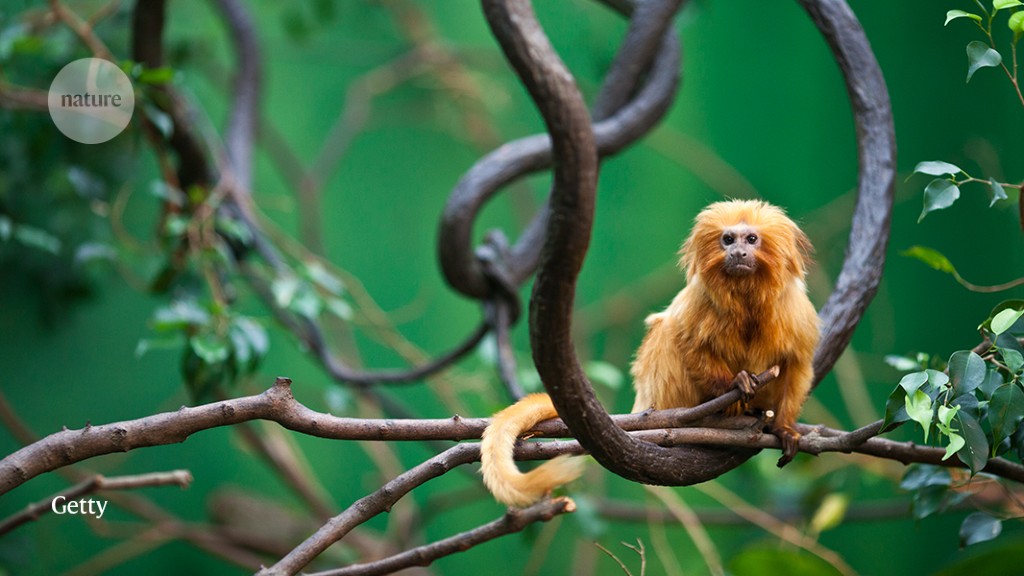
What the Manhattan Project's scientific director J. Robert Oppenheimer and his physicist-colleagues went through after the war holds lessons for us today, hoping for the end of our own generation's global crisis.
With the COVID-19 crisis still underway and a climate crisis looming, an international group of senior researchers is pushing the world's biggest economies to reform the way they manage collaboration on emerging technologies. In coming years, argues a group participant, David Delpy, professor of medical photonics at University College London, the world risks conflict over who controls and benefits from a range of emerging technologies from climate control to 6G wireless networks.
In 2016, five Swiss institutions of higher education and three universities in the Global South received seed funding to work on sustainable development through education and research in contexts affected by conflict. Looking back at more than four years of coordinating this university network, here are some lessons learned from challenging situations.
Here's how Afghanistan's scholars can be supported.
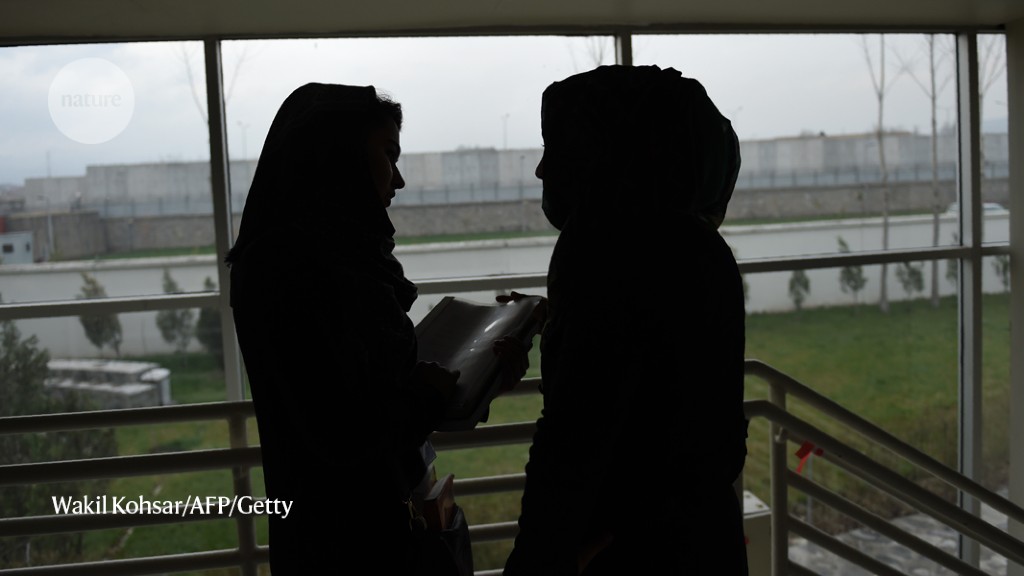
Instead of flying in, collecting samples and leaving, scientists should treat local people as partners, and think fair instead of charitable when it comes to authorship.
